Login Status
-
Free text
UPCOMING EVENTS:
 From August 18 to October 11, 2026; submissions due February 19.
From August 18 to October 11, 2026; submissions due February 19.FILE – Electronic Language International Festival is now accepting project submissions and invites artists, researchers, creators, and developers to participate in its next edition. An international reference in the fields of art, technology, and innovation, FILE will take place in … Continue reading →
 Wrocław University of Environmental and Life Sciences, 4th of Match 2026
Wrocław University of Environmental and Life Sciences, 4th of Match 2026The international conference “Cross-border cooperation in the era of challenges and transformation – space, energy, climate, culture” will be held on 4 March 2026 at the Wrocław University of Environmental and Life Sciences, in Wrocław, Poland. The conference will explore key issues facing border regions, from … Continue reading →
Author Archives: admin
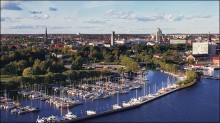
The 12th International Conference on Wearable Micro and Nano Technologies for Personalized Healht, pHealth 2015, will be arranged in Västerås, Sweden, on 2-4 June 2015. PREFORMA will be represented by Peter Pharow from Fraunhofer IDMT, who will present the aspect of digital preservation and PREFORMA project during a session on archiving of medical and health data. Continue reading
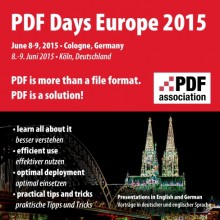
Boris Doubrov of Dual Lab, partner of the VeraPDF Consortium will present the paper: ‘veraPDF: building the definitive PDF/A validator’ at PDF Days Europe 2015. The event will offer answers to IT managers, decision-makers,
ECM strategists, developers and PDF experts, and provide suggestions for optimal PDF usage. Continue reading

University of Basel will present the TIFF/A and DPF Manager initiatives at the 1st International Conference on Advanced Imaging, organized by the Tokyo Institute of Technology. The conference will cover areas like capturing and utilization of image, international standardization and its strategy, to that of imaging materials and devices. Continue reading
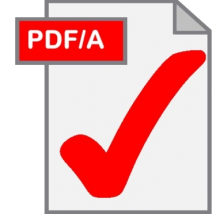
The Open Preservation Foundation and Digital Preservation Coalition, with support from the European Commission and the PREFORMA project, invite members to a briefing day on preserving PDF at Oxford University on Wednesday 15th July 2015. Carl Wilson will introduce the Vera PDF Project and Consortium. Continue reading
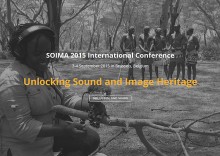
KIK-IRPA (the Royal Institute for Cultural Heritage in Belgium), BEELD EN GELUID (the Netherlands Institute for Sound and Vision) and Packed, are partners for the SOIMA 2015 International Conference which takes places on 3& 4 September in Brussels. This is an international conference on ensuring a safe and creative future for sound and image heritage. Continue reading

The IBC Conference is an unrivaled global destination for discussion and debate about the many different challenges facing the electronic media and entertainment industry, both in its sessions and in the range of networking opportunities it affords. Featuring some of the foremost thought-leaders, innovators and policy makers in their fields and covering a wide breadth of topics, it is the place to explore new strategies, understand business disrupters, chart future technological progress and uncover the future roadmap of the industry. Continue reading

An international forum organised by OSSCOM for experts, professionals, researchers, and students to promote, share, and discuss Open-Source Software (OSS) services, resources, applications, products, and tools. Continue reading
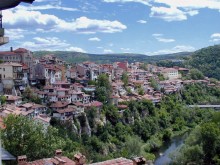
Antonella Fresa, PREFORMA Technical Coordinator, has been invited by the organisers of the Fifth International Conference on Digital Presentation and Preservation of Cultural and Scientific Heritage to present a keynote talk on the experience in the PREFORMA project Continue reading

“From digitization to preservation, creative re-use of digital cultural content, and citizen participation” is the tile of the DH2015 Panel which will feature PREFORMA together with other EU projects, fostering a debate to understand the path towards a more advanced society, that makes use of the full potential of digital technologies to foster cultural and societal progress. Continue reading

‘All for One – One for All: Common Concerns – Shared Solutions’ is the title of the IASA 2015 Conference, organised in Paris by the International Association of Sound and Audiovisual Archives. The paper “MediaConch: An open source audiovisual file conformance checker” has been accepted and will be presented by MediaArea. Continue reading
































